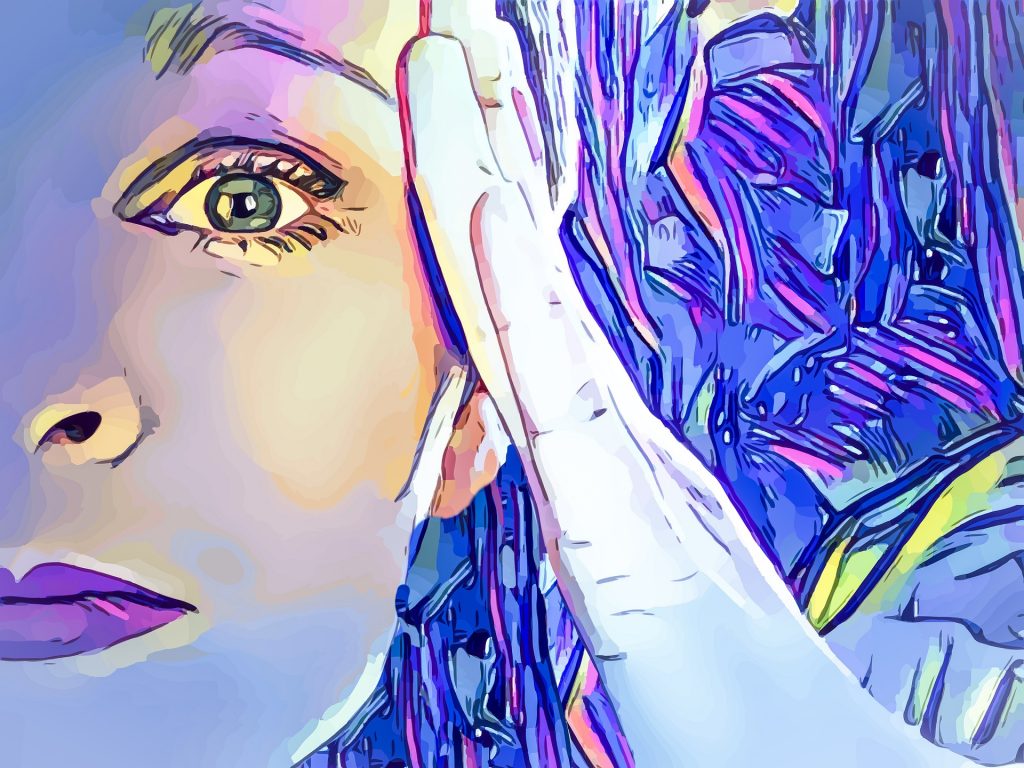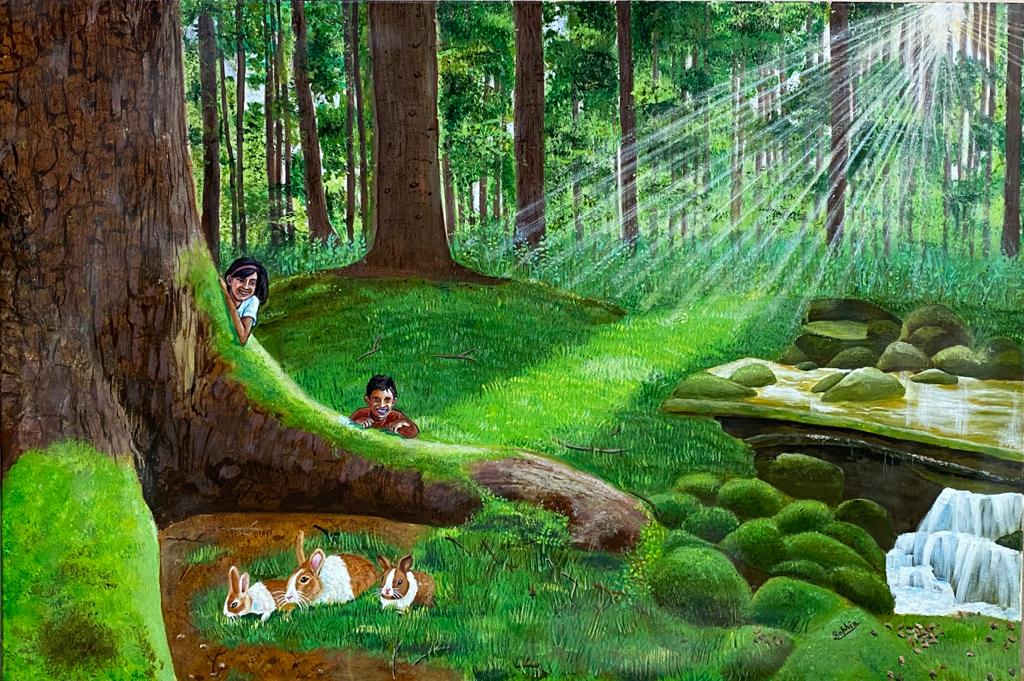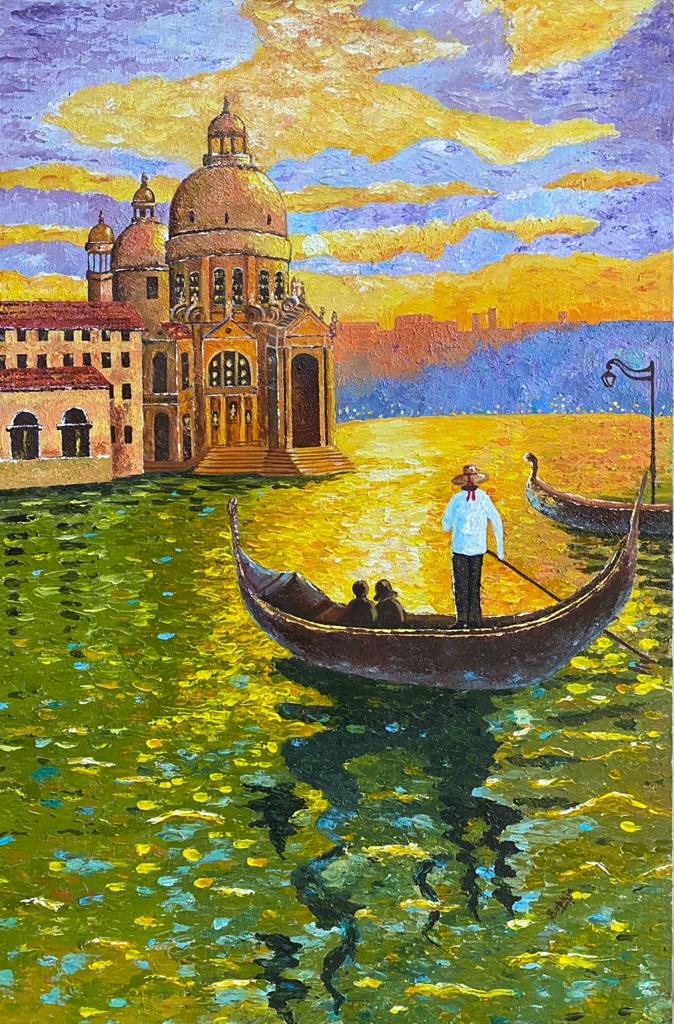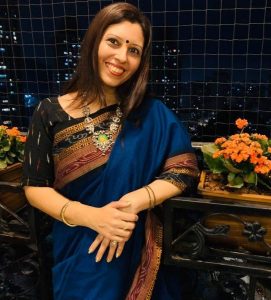 Fenichel, a psychoanalyst said, “the patient’s wish to be cured by a magician may be equalled by the therapist’s wish to be a magician”.
Fenichel, a psychoanalyst said, “the patient’s wish to be cured by a magician may be equalled by the therapist’s wish to be a magician”.
People in the helping profession are often expected to be such magicians, immune to the kind of problems that they help clients through, and they often try to project that persona. A tacit expectation with most helping professionals, including those in the field of mental health, psychiatrists, psychologists, counsellors, social workers, frontline workers, is that they have the necessary intellectual, cognitive and social support to cope with emotional stress. It may therefore seem counter-intuitive that helpers themselves may face stress and burnout. Many experience shame in acknowledging that they might have symptoms of mental health issues. This societal and cultural expectation combined with helpers’ own shame and fears lead to a situation where burnout, stress and fatigue have become common in the mental health profession. Common, yet unacknowledged.
When Caring becomes harmful
The demand for helping professionals is at an all-time high, especially with the COVID Pandemic. The Indian psychiatric society found 20% rise in mental health cases during the coronavirus outbreak, and as the Pandemic stretches on, these numbers could well be much higher. A recent report published in the Elsevier Public Health Emergency Collection titled “Burnout: A risk factor amongst mental health professionals during COVID-19” describes the crisis that the Mental Health community in India is headed for. Over the course of these months, those in the helping professionals have been inundated with crisis calls, tele-counsellors have been working almost round the clock, and practitioners have been seeing a spike in the number of patients each day. However, there is a shortage of professionals to meet these needs, and an even larger shortage of those who are adequately trained. A much larger concern, however, is the absence of care offered to the mental health community in India. It is no wonder that stress and burnout among health professionals has steadily been on the rise has escalated in recent times.
Sophia PeerMohideen, a Clinical Psychologist with a Private practice and founder of Mind Wellness Center says “What gives me stress is seeing patients suffer from anxiety or trauma. These days it is the COVID anxiety along with too many phone calls”. Dr Wilona Annunciation, Consulting Psychiatrist with IPH and Prafulta echoes these thoughts “The unending workload is one of the biggest stresses. There are always patients to see, who need help or who feel they need to be seen as an emergency. This can get very overwhelming at times.”
 Researchers such as Charles Figley suggest that excessive stress can have many adverse effects on the helping professional.
Researchers such as Charles Figley suggest that excessive stress can have many adverse effects on the helping professional.
Burnout, compassion fatigue and Secondary Traumatic Stress are a result of the emotional overload. Helping professionals may experience difficulty in showing empathy to patients and start avoiding work. Some clinicians may develop a disruption in the world view and in their sense of meaning, connection and identity. They may be unable to respond effectively to clients, often using diagnosis as a tool to externalize their frustration and despair. Perhaps the most devastating cost of stress and burnout for a helping professional is the development of cynicism leading clinicians to becoming excessively critical and judgmental, thus diminishing their overall professional esteem. Paradoxically, while Mental health professionals are at high risk for stress and burnout, and have available to them all the tools for self-care since they teach these to clients, they are also lax in offering care to themselves. An article in Psychology Today suggests that Helping Professionals are “masters at caregiving but novices at self-care”.
For the helper, it is more than Work-Life balance: It’s balancing self and balancing care for others
Carl Rogers, considered the Father of Humanistic Psychology at age 75 said:
“I have always been better at caring for and looking after others than I have been at caring for myself. But in these later years, I have made progress”.
As Helping Professionals move within various stages of their career path, they recognise that their Professional development is closely tied to the choices they make to grow as humans, included in which is their self-care. An influential qualitative study by Rønnestad & Skovholt (2003) with a 100 counsellors and therapists found that the more experienced professionals prioritize self-care and take preventative action to protect what they consider to be their most important therapeutic tool: themselves.
However while helping professionals use a wide variety of methods for stress-release with their clients, including expressive art, mindfulness, skill building, yoga etc they may often end up only knowing they need to use these methods, but not end up practising them. Thomas and Morris in their 2017 study “Creative Counselor Self-Care” suggest that Creativity using expressive arts could be useful for bridging the gap between knowledge and action in counselor self-care.
Creativity can take the form of singing, music, cooking, dancing, gardening, and writing. Creativity has been known to have a wide variety of benefits including improved health and coping capacity, problem solving and self-awareness. Drawing, painting, use of clay has been especially known to help people with traumatic experiences. Creativity helps in engaging both hemispheres of the brain, thus providing a meeting ground for emotions and logic, and helping in the release of stress. Creativity also promotes a sense of well-being and happiness, through the release of brain chemicals such as dopamine and serotonin.
When asked what they do for creative expression, here is what some professionals said~

Dr Wilona baking skills
Dr Wilona says “I love art and baking. So most of my leisure is either spent creating art pieces… watercolor paintings, zentangles or crafting things…. baking is a passion… I can make and decorate a variety of cakes”. One of the lovely cakes she baked for her Father-in-Law’s 75th birthday speaks of her passion for combining cooking with creativity.

Sophia PeerMohideen painting
Sophia says “I paint canvas, particularly landscapes. I find Mother Nature very soothing. I find painting very therapeutic. I feel a sense of achievement on completion of my 3X3.5 feet paintings.” Her beautiful productions, including watercolours and artwork would find their rightful place in an art gallery.

Sophia PeerMohideen- Landscape
Niyatii Shah, a sexuality educator from Mumbai says “Meeting my friends, reading a book, colouring, spending time with my kids and watching good movies really helps me to relax”. Adult colouring books in recent times have been known to release stress and increase wellbeing. As has dance movement and therapy, both of which Niyatii has instinctively turned to for help.
Chintan Naik, a Psychotherapist who works extensively in the field of trauma says “I belong to a family of musicians. Therefore, music and words came to me naturally as my ways of rejuvenating and resourcing myself. I wrote my first ‘poem’ more like children’s song when I was 10 years old. Later in my teenage I learnt to sublimate my emotional conflicts by giving them lyrical format. Although formal training in poetry came later, the relief and resourcefulness came from the day one of my encounter with music and lyrics”.
जब सोते हो
बचपन के बहुत करीब होते हो।
झूले की बेखौफ झोंक सी सांस खींच लिया करती है न जाने कौन सी गहराई में!
बड़े यकीन से डूब जाते हो
जैसे मां की गोद में न हो!
जैसे उभर आने की कोई जरूरत ही न हो।
खो जाती होगी सारी जमीन
बस आसमान ही आसमान महसूस होता होगा।
सब पहने हुए भी जैसे बिना कपड़ों के मालूम होते हो।
कहाँ छोड़ दिया करते हो सारी शरम?
कैसे उतार लेते हो दिखावटी मुखौटा?
कभी कभी खुद ही के प्यार में मस्त लगते हो,
चुप रह कर भी कुछ गुनगुनाते हो।
कभी बताया करो उस मंजिल का पता
जहां पंछी गाते हैं और सुनाई भी देते हैं
जहां सागर में लहरें आते आते रुकती नहीं,
हक से रेत पर फैल जाती है।
बारिश की बूंदें मिट्टी में खुश्बु घोल जाती है,
और अपना नाम तक नहीं बताती।
कैसे कुछ बता पाओगे
आँखें खुलते ही कितने दूर निकल आते हो
जब सोते हो
तभी तो बचपन के करीब होते हो।
– चिंतन नायक
What are the benefits of creativity for a Helping Professional?
Helping professionals are often heard saying that their day is spent exposed to human misery. Such continuous work with people’s emotional issues can have an insidious effect on the helper’s mind, often leading to disillusionment and dissatisfaction. The use of a creative outlet can help reverse that disillusionment and reinstate a sense of hope. As Dr Wilona puts it “I love looking at what I have made and the feeling of satisfaction it gives me. It also helps me take a pause and just lose myself in the activity for the day without feeling like I’m rushing from one thing to the next”. Niyatii who uses dance and colouring to release stress says “I calm down especially after colouring or spending time with kids. I always wanted to dance, and I have started training myself to release stress with dance movements too”
Helping professionals have been known to carry back their clients’ stories home with them. Many find that they become emotionally disengaged and have very little left to offer in terms of human contact, after spending all their energies caring for others in their workday. Creative expression can normalise life experiences for them, and help them rebuild a lost sense of connection with the world. Sophia shares these thoughts, and says that the benefits of creativity extend to her social connections “I feel on cloud 9 sometimes on completing a painting, I connect with my friends and family and share my joys with them. I brood less on negatives, focus more on positives”
For helping professionals exposed to clients’ deep pain, the experience can become a crisis of opportunity to find a deeper spiritual meaning to life.
Chintan Says “The Indian Raga based melodies express and enhance the ancient wisdom of life. Listening to them not only heals me but also helps maintain a sense of mindfulness. Since I write lyrics professionally, my experience with my clients creates depth in what I want to express via words. It moves something within me while I work with traumatized clients, and what has moved within me gives me the edge in my writing. They are wonderfully complimenting one another, to my surprise!”
Just as self-preservation seems to be an urgent human drive, we can also find evidence that altruism and self-sacrifice are central to a human being’s existence. When a job demands continual altruism, it becomes even more necessary to balance such caregiving with self-care. Any creative expression allows the helper to go into their own dark emotions of rage, pain, terror and grief far more effectively than with words. Creativity can be transformative and facilitate self-awareness, making the journey of being a professional helper easier and more enjoyable.

Hvovi Bhagwagar, the Author, is a Psychologist and Psychotherapist.
